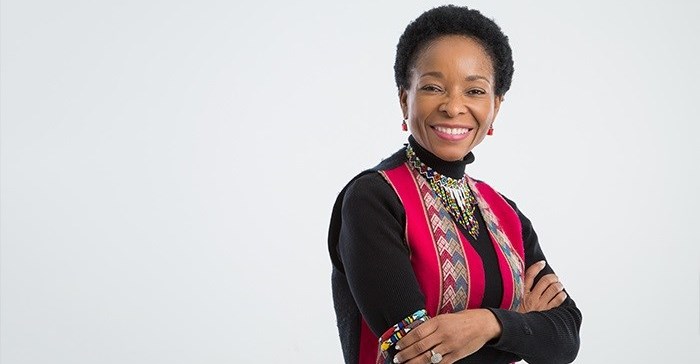






Prof Phakeng is the deputy vice chancellor, Research and Internationalisation, at the University of Cape Town. Her focus at the forum, held for the first time in Africa during its sixth iteration, was on the role of African universities and research in achieving the SDGs.
A number of challenges resulted in Africa not performing well in the previous Millennium Development Goals (MDGs), now replaced with the SDGs, and these challenges remain, she pointed out. "We can sit here and critique the way the MDG targets were defined as making it hard for Africa to progress, or even spend time talking about how African governments are not doing much or not enough to support research, but that will not change the weaknesses that we have," she said.
In Prof Phakeng's view, university-based research is pivotal to achieving sustainable development and delivering on the SDGs, but it is an area in Africa that is sorely lacking. This is largely due to historical factors as African universities, most set up post-independence, focused on training programmes catering to the public sector and were structured as mainly undergraduate training institutions.
"African governments in the post-independence era did recognise the importance of research and so whenever they saw the need for research to support their development ideals, they sometimes set up independent research institutes and centres, usually away from the universities, and they funded them separately and this sort of created the idea that research happens at institutes elsewhere outside the university," she explained.
The result is that African research makes up only 1% of global outputs, noted Prof Phakeng, who pointed to a number of explanations including;
During her keynote, Prof Phakeng highlighted three areas of focus for universities to contribute to achieving the SDGs: capacity building, collaboration, and engagement with government and industry.
"Capacity building is important for us. African universities need to have educational offerings that ensure that students study in Africa and remain in Africa... We need to up our game in terms of quality of vocational and research programmes that we offer... We need to make sure that we are in a position to access scholarships that are made available to developing countries for students to study at our universities and not always send them to study out there. We also need to make sure that the universities that are on the continent, that have the capability, have the benefit of training those students from other African countries - an exchange within the continent and institutions," explained Phakeng.
Strengthening intra-African collaborations and sharing of teaching and research infrastructure are also critical. Developing centres of excellence may help Africa expand in these areas, suggested Prof Phakeng, but she also acknowledged that sustainability is not just an African problem, but an international one. Within North-South partnerships, however, Africa's researchers need to speak up and no longer take on a subordinate role as they have a lot to offer, she maintained.
Lastly, beyond the need for acquiring funding - which is necessary if Africa is to influence the global research agenda, industry and government buy-in is an integral part of achieving success with the SDGs, said Phakeng, "they need to be in on it as well".
The sixth World Sustainability Forum took place 27-28 January 2017 at the Southern Sun Cape Sun in Cape Town. For more info, click here.
